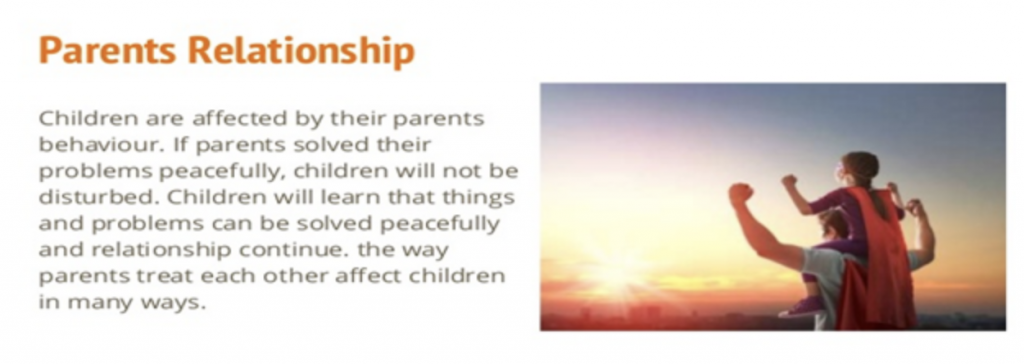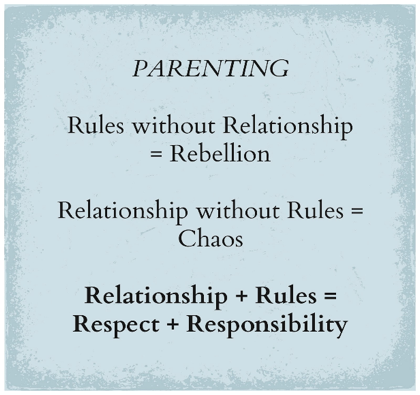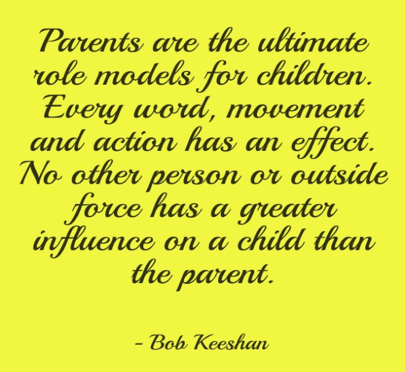

Finding the Right Tone and Method of Delivery:
After a divorce, or even during the divorce process, communicating with an ex-spouse can be difficult and unpleasant. The ways that you used to communicate with each other may no longer be effective now that your relationship situation has changed. Ignoring this issue off right from the beginning is not a healthy route to take, especially when you both are caring for your kids. Healthy communication between divorced parents is possible, and it starts by finding the right tone and method of delivery. Tone of voice can direct which direction a conversation will go. Between divorced parents, this important detail can be forgotten too quickly. Healthy communication between divorced parents is greatly reliant on the tone in which each parent chooses to engage. Keeping a professional tone when conversing helps to keep any strong emotions out of the conversation. Communicate with your co-parent in the same tone you would with a co-worker—be cordial, clear and fair-minded. When you speak face-to-face or over the phone, listen to the dynamics of your voice. Keep in mind that the way you say something can change the way the message is perceived by the listener. Choosing the right tone of voice is good to practice in every conversation you have. It certainly can help lead to healthy communication between divorced parents.Healthy methods of communication are easy to find; it’s a matter of finding the best method of delivery between you and your co-parent. Start by always remembering to stay focused on the topic at hand when communicating. Control yourself from steering the conversation elsewhere by planning ahead and staying fixed only what you are discussing in the moment. This is where using written methods of communication, like messaging, can be most useful. You will have a chance to review and edit what you are communicating before actually sending your message.
Being mindful of your tone and word choice when conversing is key to practicing healthy methods communication, especially between divorced parents.
- Use a business-like tone. See your children’s well-being and healthy adjustments as your “business” and your ex-partner as your “business partner”. Act, speak and communicate with your ex-partner in a business-like fashion, as if he or she were a colleague. Use cordiality, respect, and neutrality. Be relaxed and talk slowly.
- Make requests. Instead of making statements, which can be misinterpreted as demands, try framing as much as you can as requests. Requests can begin “Would you be willing to…?” or “Can we try…?”
- Listen. The art of communication starts and ends with the art of Listening. Communicate therefore with maturity and start with listening. Even if you disagree with the other parent, convey to the other parent that you’ve understood their point of view. Listening does not signify approval, you won’t lose anything by allowing your ex-partner to voice their opinions. Divorced parents need to be able to fully understand each other’s concerns and needs concerning the children.
- Show restraint. Understand clearly that your relationship as divorced parents and the necessary communication with each other may be going to be necessary for the length of your children’s entire childhood—and maybe even longer. Train yourself to not overreact to your ex-partner triggers and try to neutralize the others ability to push your buttons.
- Commit to meetings consistently. Although extremely difficult in the early stages of the separation or divorce, frequent communication with your ex-partner will convey the message to your children that you and their other parent are a united front.
- Keep your conversations children-focused. You are in control over the content of your communication. Always make sure that the discussions only cover topics about the needs of the children, never let a discussion with your ex-partner be about your needs or his/her needs.

Don’t Use the Children:
Children should never be expected to serve a role in the communication process between divorced parents. It is unfair to ask children to get involved in debates between parents. Children will feel the need to take sides or smooth over disagreements between their parents. Asking children to handle communication between divorced parents also leaves room for misinterpretation, eventually leading to arguments. Regardless of personal feelings, divorced parents need to take the responsibility of communicating with each other.
Focus on the Children:
The children should remain the priority regardless of the reasons for divorce. Communication between divorced parents should focus on the children and their needs. Be prepared for disagreements on major parenting decisions. Divorced parents should establish guidelines for handling disagreements before they occur. While difficult, personal feelings toward a former spouse should remain out of the major parenting decisions and communications about the children.
Communication Notebook:
Holding a conversation with a former spouse, even pertaining to the children, can be difficult for many people. A communication notebook allows divorced parents to communicate important information about the children without the need to discuss the events at length. Use a three-ring binder to create a communication notebook. Print blank calendar pages to place in the notebook. Create other forms for illnesses, achievements, upcoming events, doctor’s appointments and other important events. Blank pages will also work if you prefer to make quick notes. The communication notebook should travel with the children. Important information about the children is written in the notebook so both parents have an understanding of the events surrounding the children. The notes in the communication notebook should stick to facts to avoid disagreements or blame.

